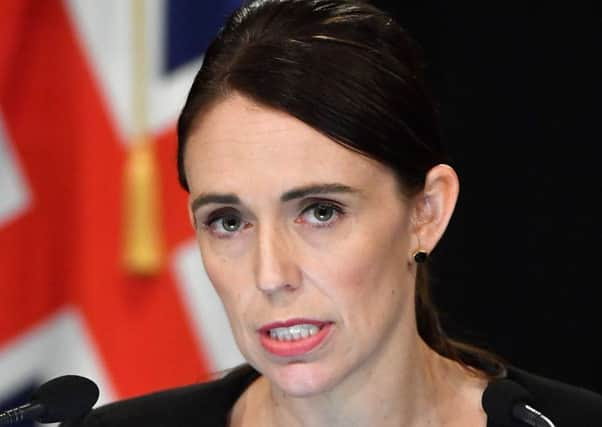Brexit: Political leaders have a duty to counter hate speech – leader comment


In the aftermath of the Christchurch terror attack, New Zealand Prime Minister Jacinda Ardern called for global action to “weed out” right-wing extremism and “make sure that we never create an environment where it can flourish”.
With its roots at least in part nurtured by anti-immigrant sentiment, Brexit has created an environment that has emboldened the far-right, but they are by no means certain to flourish – unless we allow it.
Advertisement
Hide AdAdvertisement
Hide AdIn the latest signs of trouble, SNP Westminster leader Ian Blackford was harassed in the street by about a dozen people who called him a “traitor to England”; Scottish Conservative MP Paul Masterton revealed he had fitted a panic alarm in his home on official advice; and Independent Group MP Anna Soubry said she could not go home this weekend because of police warnings about death threats.
The murder of Labour MP Jo Cox, just days before the EU referendum, by a man who shouted “Britain first” showed such threats have to be taken seriously.
Now Professor Duncan Morrow, an expert in sectarianism, has told The Scotsman that Brexit and the current angry political climate are making “tolerance for hate speech” worse. The Ulster University academic added that sectarianism was being “latched on to” amid these heightened tensions and “the challenge is to make sure it’s dealt with” before it becomes a major social issue.
Our elected representatives are the people who should be providing leadership to society as it takes on this challenge. They also need to be careful, to watch their words, to think before pressing “tweet”.
But the media and, indeed, anyone with an audience can also play a part. We should respect opponents, not demonise them, and argue about ideas and policies, rather than attack the person expressing them. Civil discourse needs to be precisely that – civil. Those who stray inadvertently outside the boundaries should be politely reminded of basic standards of decency. Social media companies need to be better at dealing with online trolls and hate speech; we all perhaps needed to be better at reporting offenders and reminding these giant corporations of their moral duty to act.
Ardern spoke of working together to create a “safe and tolerant and inclusive world”. The vast majority of people agree with her. If we act as one, the hateful credo of the far-right will wither and die.
